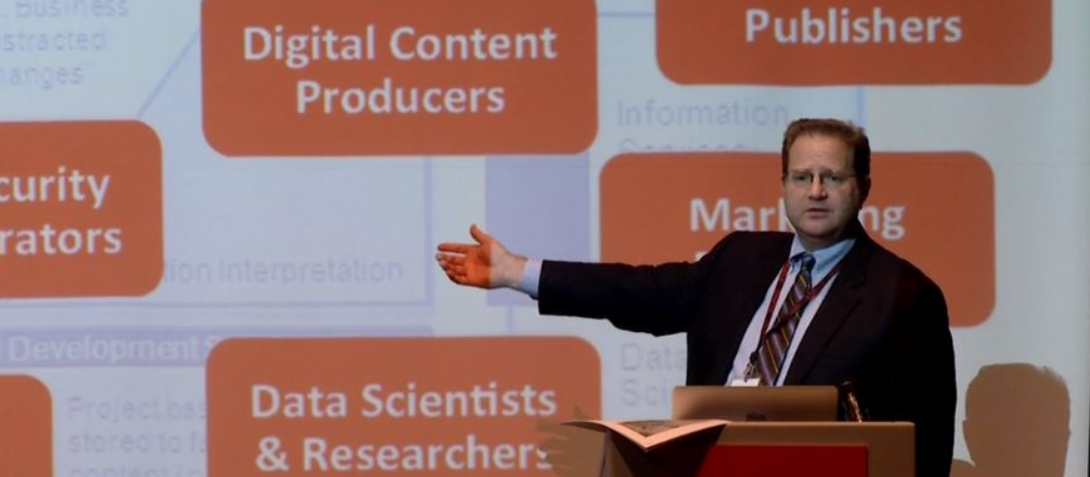It’s a pretty straightforward economic reality hitting local and regional businesses right now - how to drastically reduce marketing and advertising expenses, while continuing to attract new customers and grow revenues. In any economy, good or bad, it is absolutely essential that your business, service and products continue to be represented and advertised in public media - in order to attract new, paying customers. This is Information Management 101 - but in the public domain. Read more about this Business Internet Marketing and Information Management topic, and why Internet Marketing, SEO, and Online Marketing and Advertising are topics worthy of considerable attention and exercise for all businesses right now, large and small.
